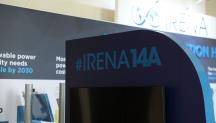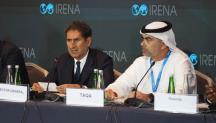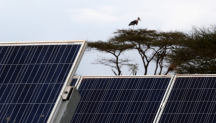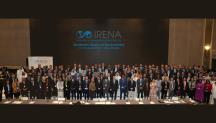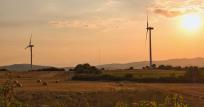

IRENA Roundtable Sheds Light on the Role of Energy Plans in Southeast Europe’s Green Financing
Newsletter
In the European Union (EU), the National Energy and Climate Plans (NECPs) have emerged as vital instruments in steering Member States towards their energy transition objectives. These plans not only define the members’ energy and climate goals but also serve as detailed roadmaps, outlining policies and measures to meet their energy and climate targets by 2030.
Moreover, NECPs are designed to align with National Determined Contributions (NDCs). These documents play a crucial role in attracting finance for renewable energy projects. They offer a clear policy framework, signal investment opportunities, reduce risks, and foster stakeholders coordination.
Last year in Europe, the existing renewable capacity installed since 2010 reduced the electricity generation costs by USD 176 billion from what they might have otherwise been. Although global investment in energy transition technologies reached a new record of USD 1.3 trillion in 2022 driven by the reduced costs, cumulative global investments must amount to USD 44 trillion by 2030.
In a collaborative effort to address the critical challenges and opportunities in guiding principles for financing a green transition in Southeast Europe, IRENA co-organised a high-level panel with the Energy Community Secretariat, featuring representatives from Energy Community Contracting Parties, EU Member States, and international financial institutions.
IRENA Director-General Francesco La Camera said in his opening remarks, “I would like to encourage development partners, financial institutions and other stakeholders to continue acting together and offering technical and financial support to Southeast Europe towards energy transition. We need to secure energy transition that is economically viable and socially acceptable.”
The event titled ‘Shift to renewables in Southeast Europe: NDCs and NECPs as financial roadmaps’ took place in the Global Renewables Hub shared by IRENA, Global Renewables Alliance and REN21. Moderated by Mr. Gürbüz Gönül, IRENA Director – Country Engagement and Partnerships, expert panellists discussed the role of NECPs and NDCs as financing compasses in renewables financing.
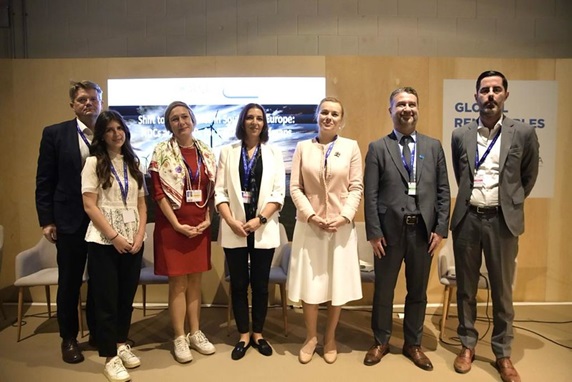
Speakers highlighted the importance of regional cooperation. As Mr. Artur Lorkowski, Director of Energy Community, said, “Regional cooperation has demonstrated a significant role in the Energy Community. For example, the regional and ultimately pan-European market can ensure efficient, transparent, and competitive electricity trading, enabling various renewables technologies to actively participate. It can provide long-term certainty and revenue stability for renewable energy projects, attracting much-needed investments and supporting sustained growth.”
Panellists agreed that cooperation must include the young generation. Offering the youth perspective, Ela Mesinovic, youth representative from the Southeast Europe region said, “Young people are highly interested in the change and can be the change makers. Investments in the energy transition can create jobs among others, so both the transition and the youth can benefit from engaging the youth in the decision-making process. This engagement must be institutionalised.”
